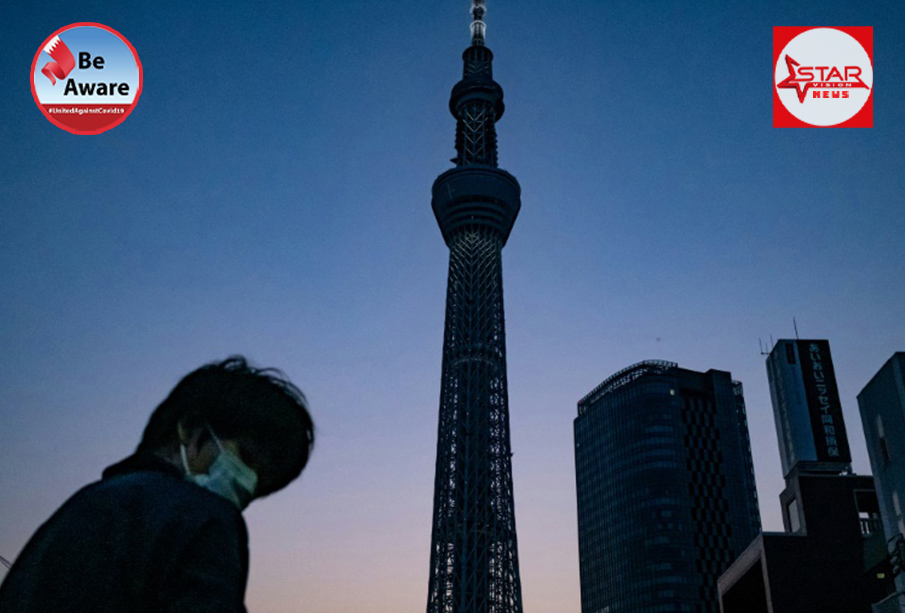Japan Prime Minister Shinzo Abe said on Friday that the government would plan for an around a one-month-long extension of a state of emergency declared amid the coronavirus pandemic.
An initial one-month-long state of emergency will be declared for seven regions from April 7, later expanding it to cover the entire country.
But with the measures due to expire on May 6, Abe said he had instructed his minister for the virus outbreak Yasutoshi Nishimura to plan for an extension.
An expert panel advising the government is reviewing the situation in different parts of the country, Abe said.
“We will listen to their opinions and we hope to make a decision on May 4th.”, he added.
Abe said Japan had so far managed to avoid the sharp increase in infections seen in some other parts of the world, but cautioned that vigilance was still needed.
Japan has nearly 14,500 coronavirus patients recorded and 466 deaths so far.
The state of emergency is significantly less restrictive than measures seen in parts of Europe and the United States. It allows governors to urge people to stay at home and call on businesses to stay shut. But officials cannot compel citizens to comply, and there are no punishments for those who fail to do so.
Japan has implemented measures to try to ease the pressure, including sending coronavirus patients with mild symptoms to hotels for quarantine, rather than keeping them in overcrowded hospitals.
The government has also said it is increasing testing capacity, but continues to face criticism for the relatively low numbers of tests being carried out, in part because of stringent criteria.


